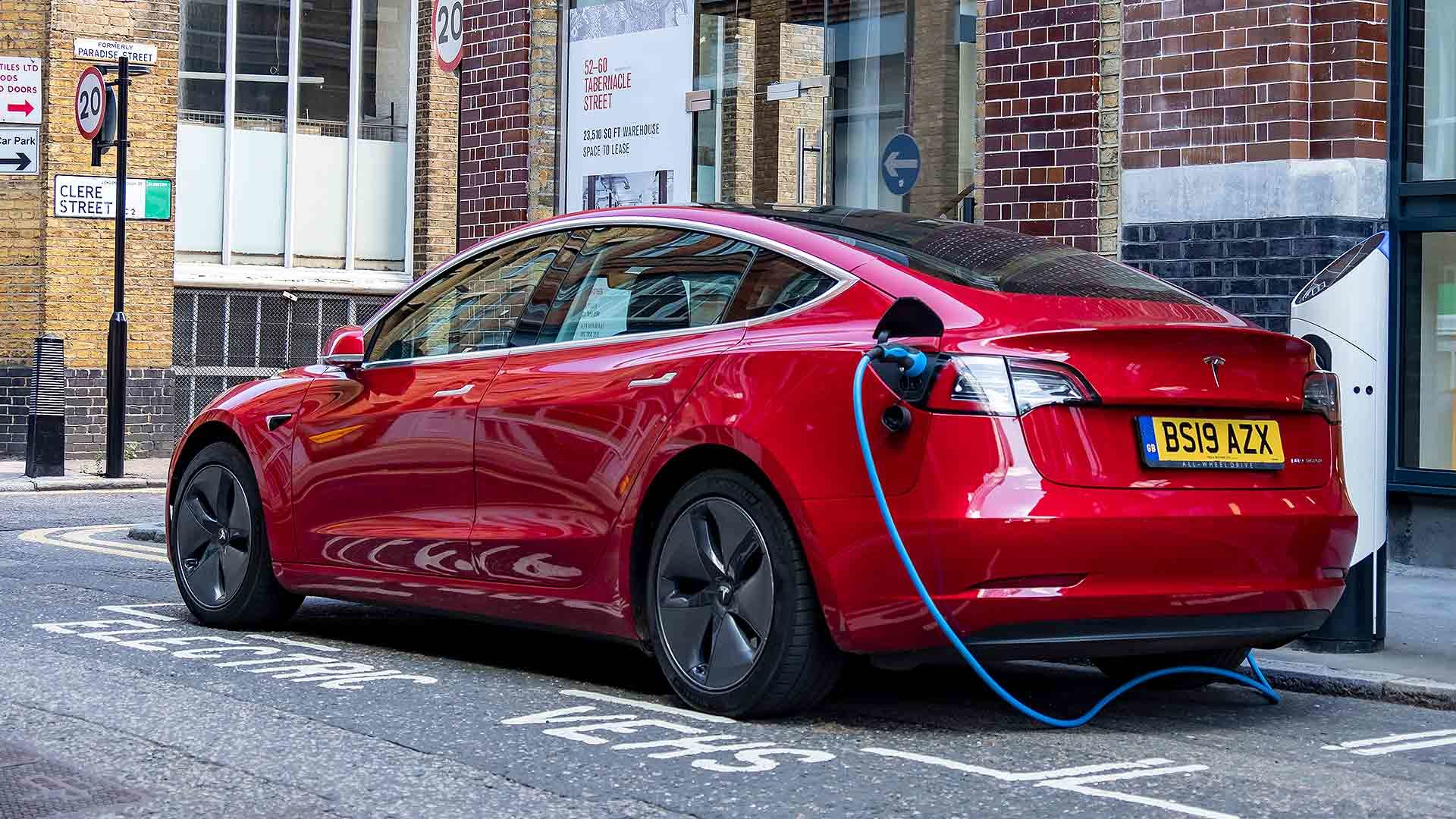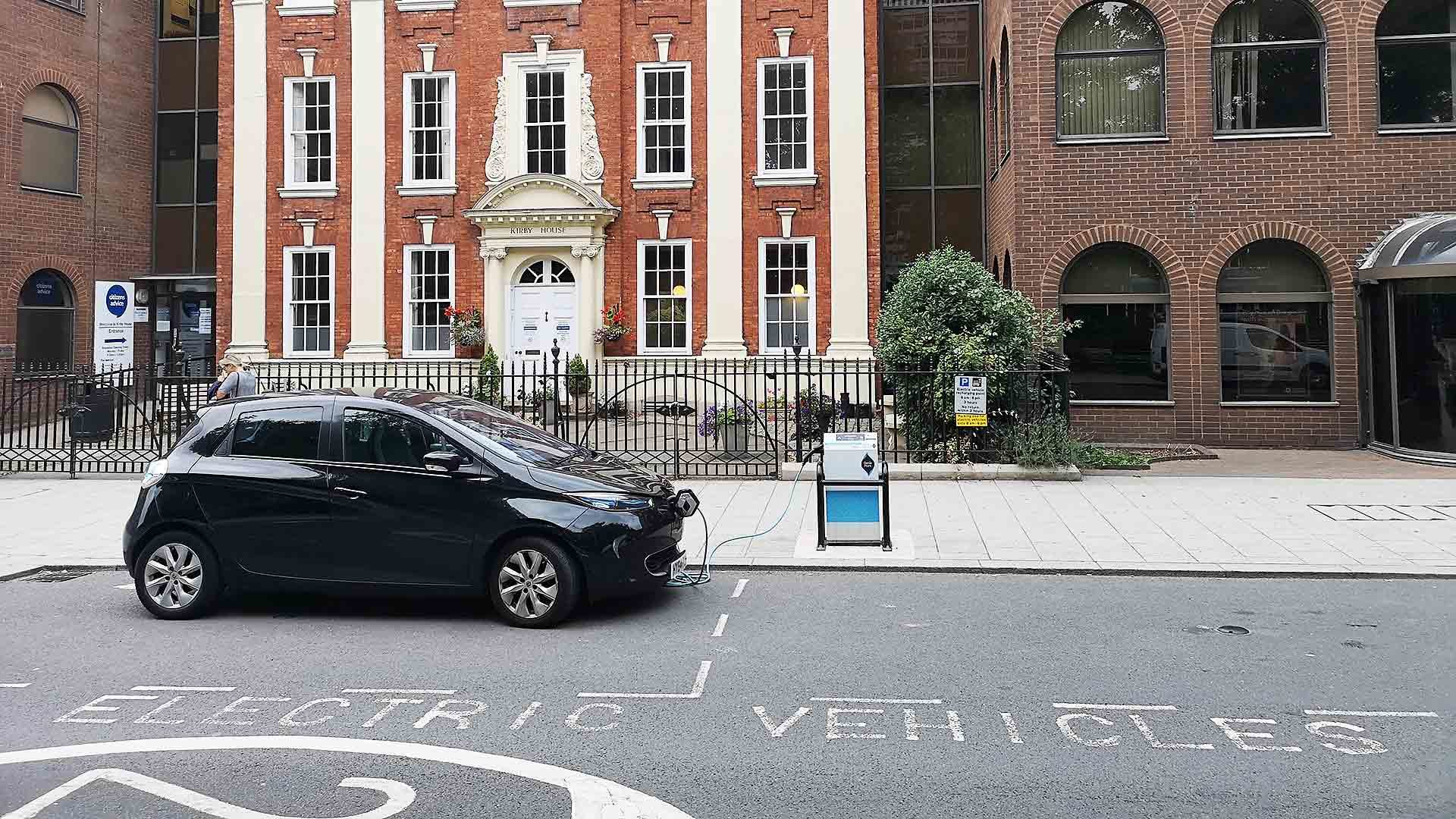
The government has underlined its ambition to make motoring electric and end the sale of new petrol and diesel cars by 2030 with a Net Zero Strategy plan.
This will include a ‘zero emission vehicle mandate’ that will reinforce the commitment to only selling new electrified cars from 2030.
The car industry has welcomed the announcement – which includes almost £1 billion in fresh funding to help motorists and car manufacturers go electric.
Society of Motor Manufacturers and Traders chief executive Mike Hawes said the extra funds for electric vehicles “will help ensure affordability”.
The government is investing £620m in grants for electric cars and on-street charging points.
However, Mr Hawes warned charging point funds must be bound to regulations, in order to unlock private sector investment and boost consumer confidence in chargers on residential streets.
AA president Edmund King said the EV charge point funding is a welcome step “targeted at the eight million households without dedicated off-street parking”.
The government has also announced an extra £350 million to help the automotive supply chain make the move to electric.
“By moving first and taking bold action, we will build a defining competitive edge in electric vehicles,” said prime minister Boris Johnson, “whilst supporting people and businesses along the way.
“With the major climate summit COP26 just around the corner, our strategy sets the example for other countries to build back greener too as we lead the charge towards global net zero.”
Zero Emissions Vehicle Mandate

The Net Zero Strategy’s “ambitious zero emission vehicle mandate [will] show that we’re leading the world on the switch to EVs,” said transport secretary, Grant Shapps.
It is the first commitment of its type in Europe, and will include a requirement for car firms to sell a proportion of green cars each year.
Similar schemes have operated in North America where, said Chargepoint director of policy Tanya Sinclair, “they have significantly built up availability and consider confidence of electric vehicles”.
It will also boost confidence of those investing in the UK’s EV charging sector.
Vauxhall MD Paul Willcox has also welcomed the mandate, saying it will “provide clarity to the UK motor industry and the rest of the electric vehicle ecosystem”.
The SMMT’s Mike Hawes said the automotive industry “is putting zero-emission vehicles on Britain’s roads at a pace beyond all forecasts, such is the choice and appeal of those new models.
“A well-designed, regulatory framework could help maintain or even increase this pace to ensure we deliver on our shared decarbonisation ambitions.”
However, the AA’s Edmund Kind said it is “probably unnecessary.
“Manufacturers are already taking big steps in order to meet the 2030 ban on new petrol and diesel cars and vans, but bringing in this ‘red tape’ exercise could harm car production plans already in place.”
ALSO READ:
When will each car company stop selling petrol and diesel cars in the UK?